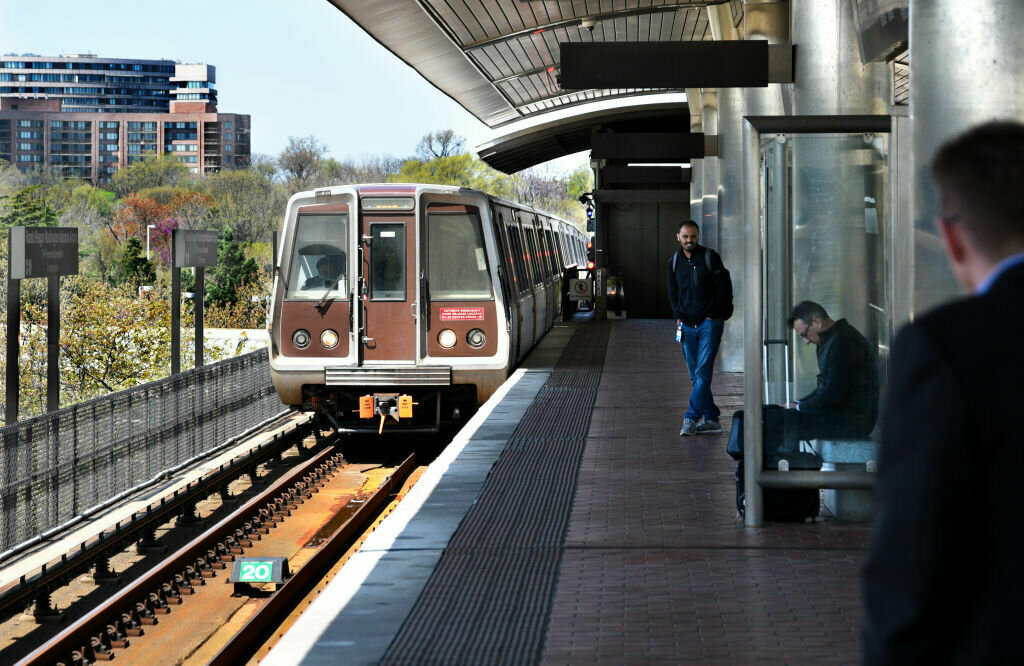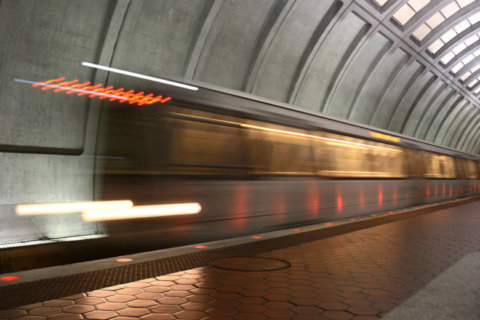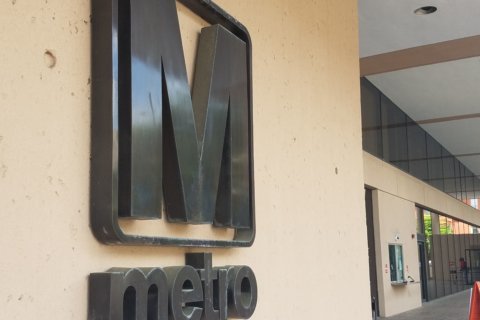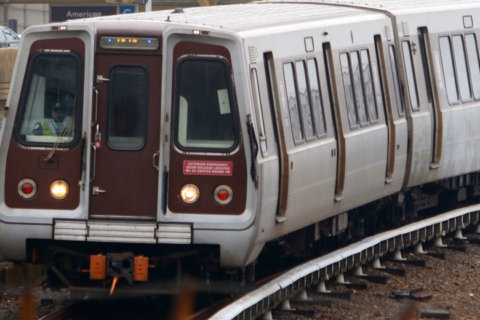
A newly available internal review details Metro’s struggles in returning to faster, smoother automatic train operation after more than a decade.
Metro has run the more jerky manual mode since 2009, and has also not had automatic door operations for years, adding time to trips.
Another review documents the problems the transit agency faces in fixing elevators and escalators, while another shows that Metro had concerns about privatized operations at a new bus garage.
Automatic Train Operation
Conflicting testing standards and some electrical problems are blocking Metro’s return to smoother automatic operations, as well as slowing down trips because drivers have to triple-check to make sure they’re opening the doors on the correct side.
The Quality Assurance, Internal Compliance & Oversight report issued Oct. 7 identified a backlog of old documents that led to the use of unapproved testing procedures and training on the tracks.
In 2018, new standards for electrical current signals to trains were finalized, but then apparently overruled by a single maintenance group.
The report warns that high current levels can cause a signal to affect a different train, and that could lead to an automatic door-open command on the wrong side — or even while a train is still moving.
The report sampled those signal levels at 27 stations — the exact stations and results are redacted in the report — and warns that “excessively high current values increase the risk of cab signals (including door open commands) improperly entering adjacent track circuits and [affecting] other trains.”
At two stations, rail current frequency problems were found, but no work orders were put in to fix the problems. The details on those cases are also redacted, but also relate to concerns raised in 2015 about supervisors’ failure to check on work being done.
The review refers to “Deviation from the configuration management plan specifications,” which have “added to the complexity of troubleshooting failed automatic operating systems.”
This investigation focused only on track and other problems preventing automatic door or train operations, not the software or parts issues that could stand in the way on rail cars themselves.
“As of this report date, due to difficulties encountered during WMATA’s ‘Return to ATO Operation’ effort, WMATA management decided to delay ‘Return to ATO’ and ‘Automatic Door Operation’ goals. Observed discrepancies (findings) in WMATA’s ATC System Configuration Management Plan occurred in this timeframe,” the report said.
Officially, Metro has said it has delayed its efforts to return to automatic operations and improve trips for riders to instead prioritize projects that matter more to safety and reliability.
The report suggests the system is simply still not ready for those operations, though, even after years of efforts to improve the train control and signaling systems.
In response to this report, Metro has promised an updated and accurate training curriculum to handle the track and signal issues by fall 2020, with new training for workers done by January 2021. Some updates to maintenance manuals and data sheets are planned by spring.
Other internal reviews released in recent weeks raise similar concerns about the engineering and architecture department skipping safety committees and control boards, failing to keep records of changes and failing to update years-old emergency plans.
There are also promises that the safety and environmental management department will provide more detailed procedures and specific assignments for workers, and keep key documents up to date. The department had no evidence it ever checked MetroAccess storerooms, for example.
Broad document reviews and revisions are due by April, under corrective action plans agreed to in December.
Elevator/Escalator
Metro needs to do a better job of tracking escalator and elevator issues, another internal report finds.
The dispatchers responsible for tracking 318 elevators and 618 escalators in stations, maintenance facilities and office buildings are completely unaware of standard operating procedures or where to find them, and regularly skip required tracking reports at the ends of their shifts.
“Dispatchers did not communicate important and critical information to ELES staff, the next shift and the rest of the organization through email in four of six assessments,” the review issued in November found.
In some cases, reports of escalators out of service were not reviewed; a supervisor was not told of an outage; and dispatchers failed to look at whether any other simple work could be completed while crews were handling a more significant issue.
Only half of work orders reviewed in April, May and June were closed on time.
The report also finds 25 instances of people stuck in elevators in less than a month — between Aug. 21 and Sept. 16, 2019.
Metro promises procedure updates by January 2021, with all dispatchers in the round-the-clock operations center trained or retrained by early 2022.
A separate review last year found a significant upside to Metro’s large ongoing escalator replacement projects: Workers have had to fix crumbling or dark emergency exit paths that have to be available when the escalators are blocked.
Cinder Bed contract
Even before workers went on strike, Metro had concerns about the privatized operations at a new garage in Fairfax County, Virginia.
An internal review of Metro’s contract with Transdev North America to run buses out of the Cinder Bed Road garage in Lorton notes several serious issues the company had with meeting key performance indicators that measure service standards before the long strike that began in late October.
“Due to the continued challenges in meeting the KPIs’ goals, a detailed notice (Cure Notice) of required corrective actions was issued to the contractor’s corporate management by WMATA’s Contracting Officer,” the review dated Sept. 13 said.
The review found Metro is properly tracking those indicators, such as on-time performance, reliability, maintenance and customer relations.
For example, Metro staff check buses at the Pentagon and King Street on a monthly basis with a quick look around, and do more detailed inspections at the garage each month on a quarter of the buses provided to Transdev for operations.
Metro’s internal fixes to further improve contract oversight were agreed to in the second week of January, just as the strike was set to end.
The changes include more specific written oversight procedures rather than scheduling things on a white board, and establishing plans to handle instances where one of the key contract managers is out sick or on vacation.
The contract is for three years, but the new report redacts the end date.
Transdev began operations from the garage when Cinder Bed opened at the end of 2018.







